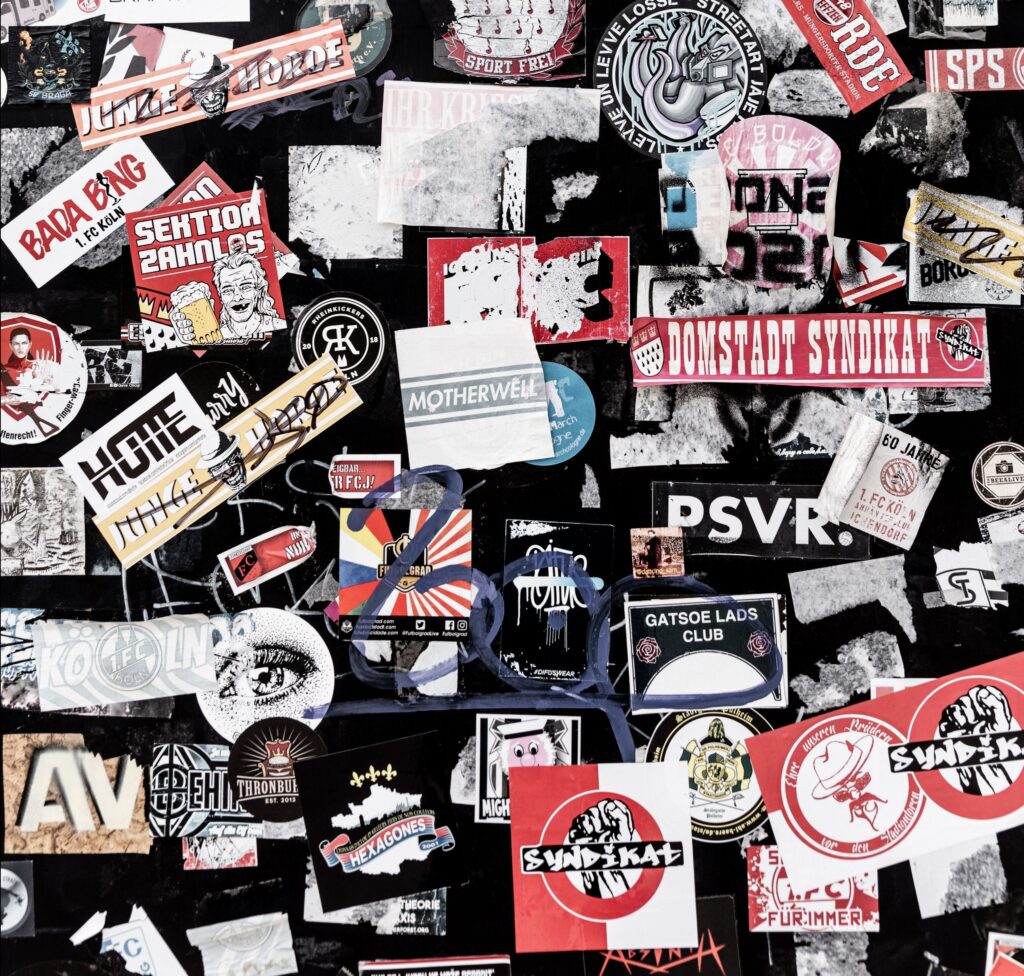
Many of us have heard about “learning mindset,” a way of thinking first championed by social psychologist Carol Dweck. This is the idea that when we can see challenges as learning opportunities rather than as ways to label ourselves (usually in personally derogatory terms), we build our immunity to the potentially negative effects of failure.
Subsequent research doubles down on this premise with the clear warning that when we label ourselves or get our egos over-attached to particular outcomes, our subsequent performance almost certainly tends to suffer.
Here’s the kicker: This is even true after good performances. Children who did well on a test and were praised for being “smart,” were more likely to underperform in subsequent tests compared to those who did well and were praised for their efforts.
It’s the same for adults. Once we attach our egos to a particular label: sporty, smart, or good-looking, it becomes our job to live up to that label. So any performance that threatens the label ends up hurting us. People labeled as “smart” then tend to gravitate to experiences that make them look smart, and will forego academic challenges with an uncertain outcome for fear it will mess with their “smart” label.
Similarly, when the label is negative, like me, a self-labeled “math hopeless,” I tended to avoid math class like the plague and certainly steered away from professions that required good math skills (“hello psychology!).
Such labels come from the outside, imposed upon us by well-meaning parents and teachers, but are also absorbed through cultural conditioning.

I was recently invited into the ABC (Australian Broadcasting System) Radio studios to talk with listeners about this label thing. Let me tell you, the stories that came through in response to this topic were both inspiring, but also heartbreaking.
One woman shared that she’d been labeled as “non-sporty” but was more recently, in her 30s, finally able to screw up the courage to go out for her local Australian Rules Football team. It was lovely to hear how she overcame her own inner culturally conditioned resistance and go play the sport she had long wanted to play…and how she felt newly proud to be a positive role model of courage for her daughters.
Another listener told a truly cautionary tale about labels from parents. She was labeled the “bad decision maker” in the family from early on, so adopted a strategy whereby she would analyze a decision, and then simply do the opposite so she’d avoid the trap of her “bad decision-making” label. Never mind that those decisions tended to not be quite right, either. She was finally able to throw off the yoke of her past and that unhelpful label…but only after years of suffering.
The last story was from a listener who said that they finally saw the folly of their adherence to an unhelpful label…but thought the lesson came “too late.”
That final story broke my heart. For anyone out there who thinks that they can’t break out of a limiting label…or broke out and wishes it had happened earlier, here’s some real hope.
Our brains are made up of billions of network connections. Billions. And, in the words of neuroscientists, we are constantly rewiring our brains through self-directed learning. We now know that new learning can happen at any time in our lives up to and through at least our 90’s.
Do you have a label that has created problems for you? Or maybe you know someone who struggles with that. If so, I can help. Ping me here.



